PSTC Anti-trust Guidelines
ANTITRUST GUIDE
Copyright © 2018 by Pressure Sensitive Tape Council
All Rights Reserved
Trade associations, although well recognized as valuable tools of American businesspersons, are subject to scrutiny by both federal and state governments.
Antitrust Statutes
The single most significant law affecting trade associations is the Sherman Antitrust Act, which makes unlawful “every contract, combination in the form of trust or otherwise, or conspiracy, in restraint of trade or commerce…” A trade association by its very nature is a combination, thus satisfying what ordinarily would be the most difficult element in proving an antitrust violation. Section 5 of the Federal Trade Commission Act is also applicable to trade associations, for it makes unlawful the same types of conduct that are prohibited by the Sherman Act. Furthermore, almost all states have enacted antitrust laws similar to the Sherman Act.
Enforcement
Between the state and federal laws, there is no organization too small or too localized to escape the possibility of a civil or criminal antitrust suit. The federal government has brought civil or criminal actions against such small organizations as Maine Lobstermen, a Virginia audio-visual association, Bakersfield Plumbing Contractors, the Utah Pharmaceutical Association, and local barbers’ associations.
The government can be counted on to bring five to 10 civil or criminal cases a year against trade associations. Thus, it is imperative that every trade association member, regardless of the size of the association or the size of the companies composing the membership, refrain from indulging in any activity that may be the basis of a federal or state antitrust action.
Violations
There are five main areas of antitrust concern for trade associations: price fixing, membership, group boycotts, standardization and certification, and industry self-regulation. The area of greatest concern, as it is the area in which individual members are most likely to commit violations and the area about which the government appears most concerned, is price fixing. The government may infer a violation of the Sherman Act by the mere fact that all or most of the members of trade associations are doing the same thing with respect to prices. It is not required that there be an actual agreement, written or unwritten, to increase prices. Rather, price fixing is a very broad term that includes any concerted effort or action that has an effect on prices or on competition.
Recommendations
Accordingly, trade association members should refrain from any discussion that may provide the basis for an inference that the members agreed to take any action relating to prices, production, allocation of markets, or any other matter having a market effect. Informal gatherings following association meetings are looked upon with great suspicion by the government. The following topics, while not the only ones, are some of the main ones that should not be discussed at regular meetings or at these so-called “rump sessions”:
- Current or future prices (be very careful of discussions of past prices);
- Fair profit levels;
- Increases or decreases in prices;
- Standardizing or stabilizing prices;
- Pricing procedures;
- Cash discounts;
- Credit terms or forms of warranties;
- Controlling sales;
- Allocating markets;
- Complaints to a competitor that its prices constitute unfair trade practices;
- Wage rates; and
- Refusal to deal with a corporation because of its pricing or distribution practices
Inasmuch as association antitrust violations can subject all association members to criminal and civil liability, members should be aware of the legal risks in regard to membership policy and industry self-regulation. Membership policies should avoid the following:
- Restrictions on dealing with non-members;
- Exclusions from membership, especially if there is a business advantage in being a member; and;
- Limitations on access to association information, unless the limitation is based upon protection of trade secrets.
Industry Self-regulation
Industry self-regulation, ordinarily manifested by a code of ethics, must avoid the following:
- Requiring refusal to deal with any member who violates the association’s code of ethics;
- Arbitrary enforcement of the code;
- Unreasonably severe penalties for violation of the code; and
- Regulations or policies that have price-fixing implications, such as preventing the advertising of prices.
Penalties
The penalties for violating federal or state antitrust laws are severe. The maximum criminal fine is $1 million for individuals and $100 million for a corporation. However, pursuant to the Sentencing Reform Act, fines could be increased to twice the gain to an offender or twice the loss to another party. In addition, individuals can be sentenced to prison for up to 10 years, with the minimum recommended sentence pursuant to the Sentencing Guidelines being 10 to16 months. Further, there are civil penalties, such as injunctions or cease-and-desist orders, which could result in government supervision of association members, restricting the association’s activities, or disbanding the association.
Civil suits brought by competitors or on behalf of consumers, frequently as class actions, may have a greater likelihood of occurrence and possibly carry a more severe financial penalty. Civil antitrust actions result in treble damage awards plus attorneys fees. Thus, if association members are held liable to a competitor for an antitrust violation that resulted in $500,000 worth of lost business, the verdict may exceed $1,500,000. Although not as frequently used, the Robinson-Patman Act, which prohibits price discrimination, also may result in sizable verdicts against trade association members.
Conclusion
The government’s attitude toward trade associations requires trade association members, as well as trade associations themselves, to conduct their business openly at all times and to avoid any semblance of activity that might lead to the belief that the association members had agreed, even informally, to something that could have an effect on prices or competition. Thus, it is important that members contact legal counsel if they have even the slightest concerns about the propriety of a proposed activity or discussion.
Revised August 2007

